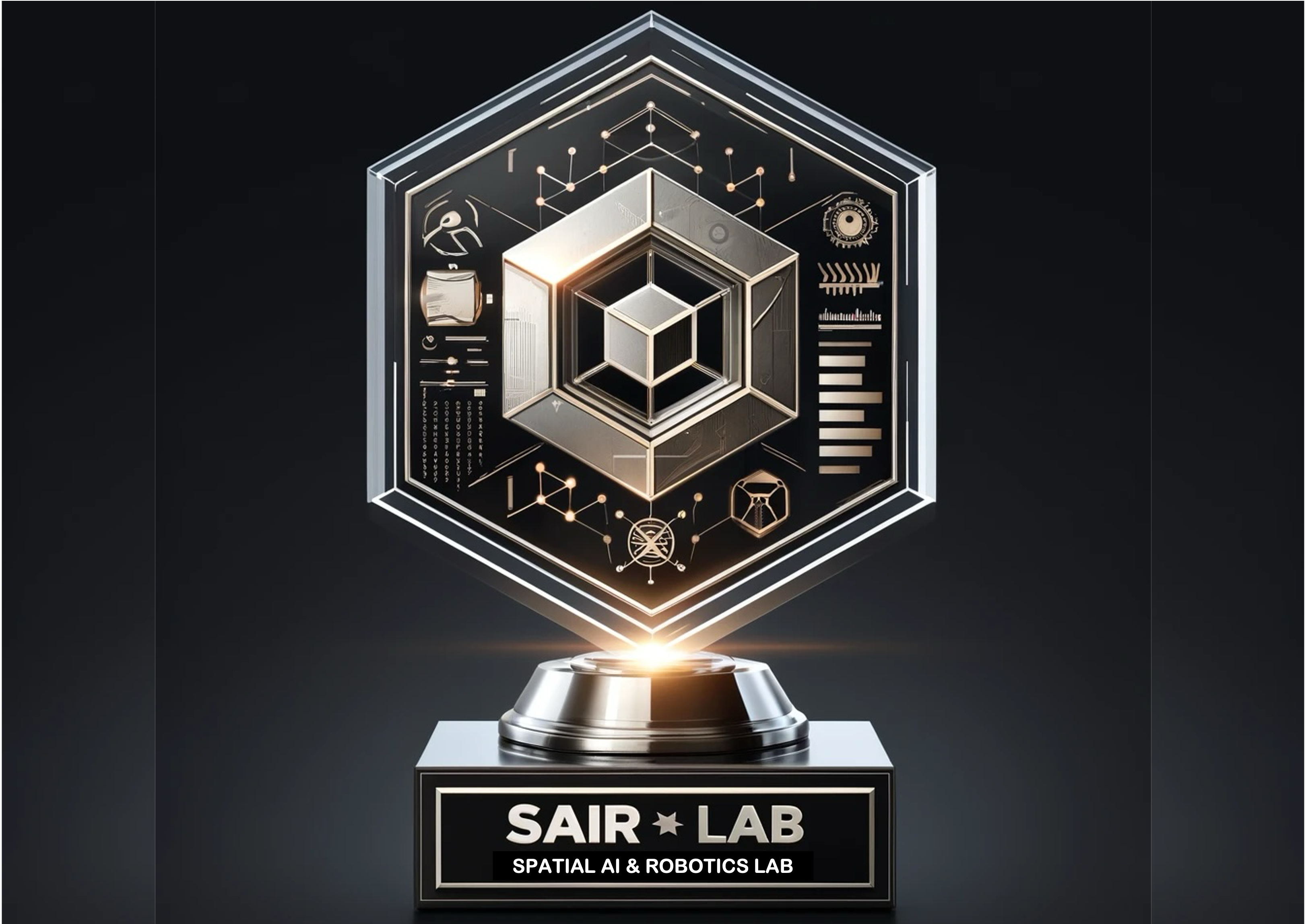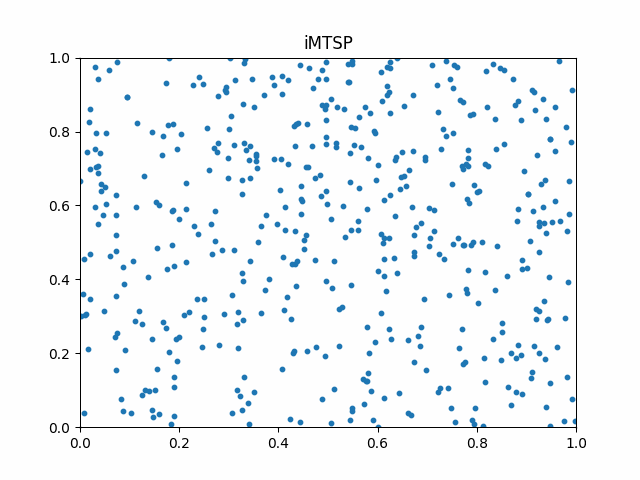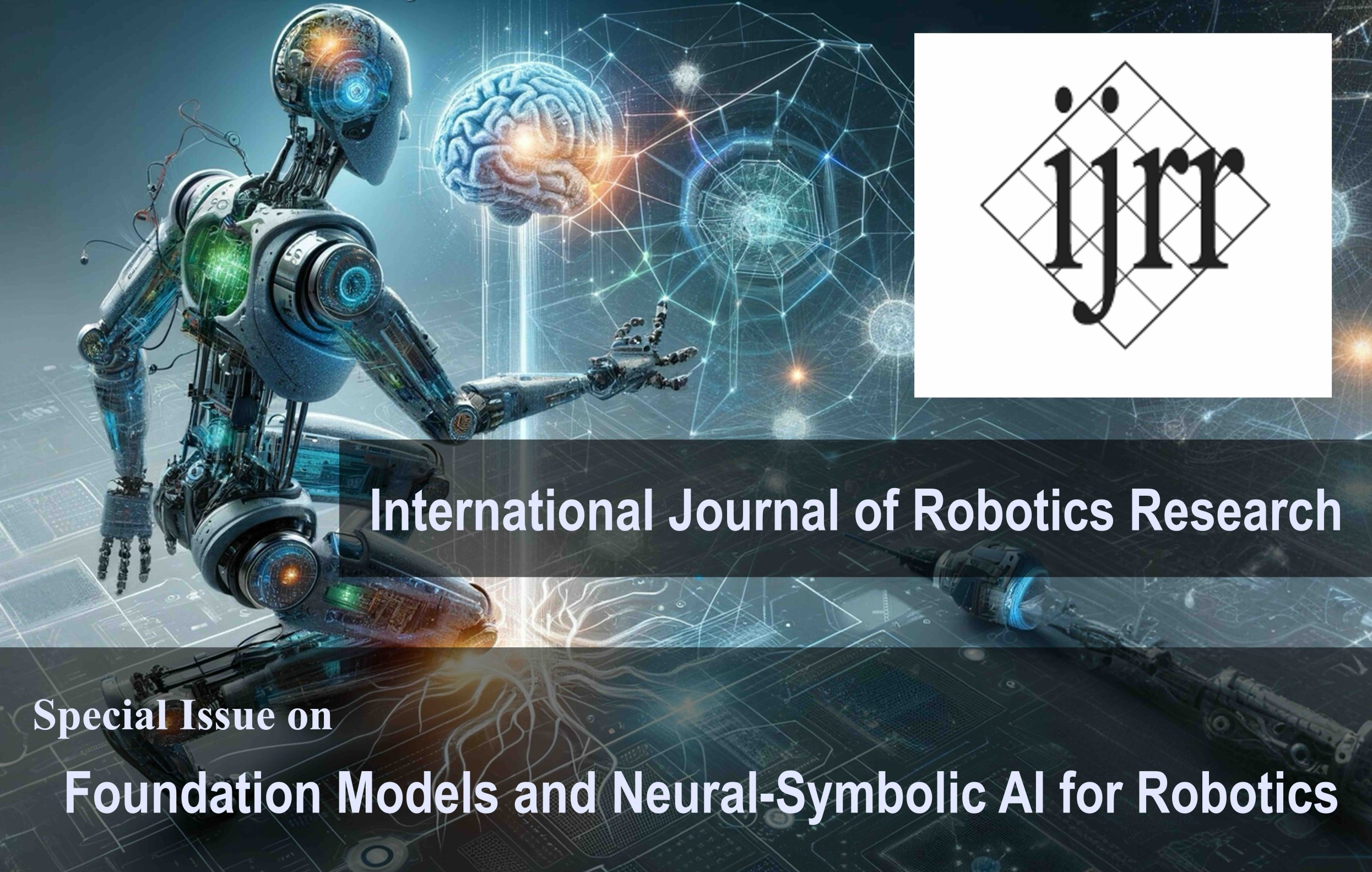We are excited to announce the yearly top honor awards for all SAIR Lab members, SAIR STAR and SAIR Rising STAR.
Overview of SAIR STAR
The “SAIR STAR Award” aims to provide additional funds to students who have made significant contributions to the SAIR Lab in the past year. SAIR STAR will be awarded once a year and is the highest honor in the SAIR Lab.
Awards*
- Winners will receive a trophy and a one-time scholarship $7,000 (in the form of salary for research assistant).

Eligibility
- All students who worked in the SAIR Lab for more than 10 months in the past year.
- Limited to two consecutive awards (the 3rd non-consecutive award is possible).
Date
- The awards winners will be announced in Sep 2024, and Annually Thereafter.
Criterion
The selection process is democratic, with all SAIR Lab members who have worked for more than 3 months eligible to vote. Dr. Chen Wang, the PI, holds 45% voting share. †
Factors to Consider
- (40% ± 20%) High quality publication.
- (40% ± 20%) High impact research outputs.
- Novel real robot demos, or real robots that benefit all lab members, etc.
- High impact open-source projects, etc.
- (10% ± 20%) High impact research activities, e.g., workshops, tutorials, and media impacts, etc.
- (10% ± 20%) Any other activities that benefit the lab members, including logistics.
Overview of SAIR Rising STAR
The “SAIR Rising STAR Award” aims to provide additional funds to all students, prioritizing to young students such as young Ph.D. students, Interns, and Master’s students, who have made significant contributions to the SAIR Lab in the past year.
Awards*
- Winners will receive a one-time scholarship $3,000 (in the form of salary for research assistant).
Eligibility
- All students who have worked in the SAIR Lab for more than 3 months in the past year.
- Limited to once in a lifetime.
Criterion, Date, and Factors to Consider
- Same as the SAIR STAR Award.
*Subject to Funding Availability.
†The “45% voting share” for Dr. Wang was decided by an internal vote among all lab members.


